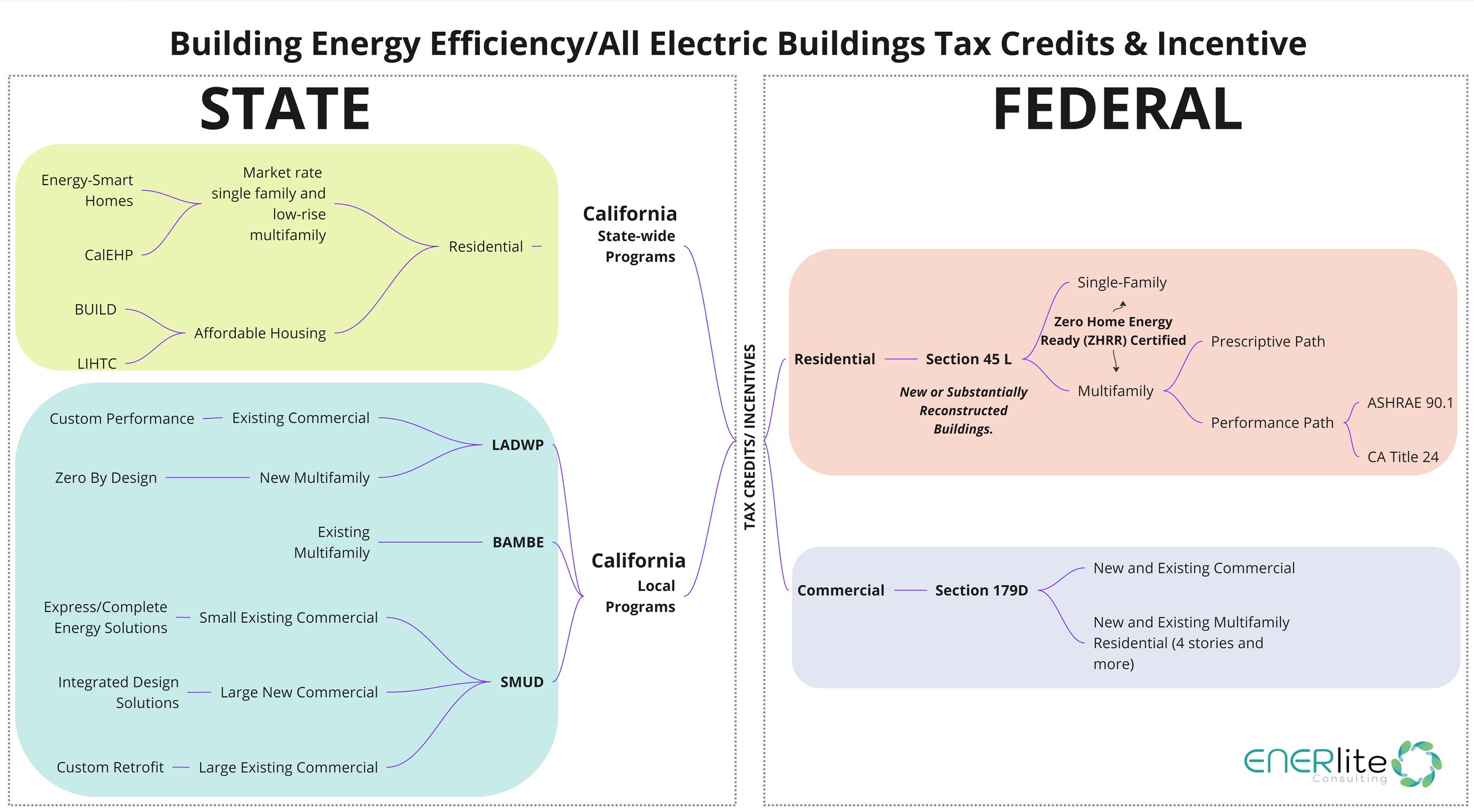
How Businesses Should Adapt to Climate Change and Transforming Energy Markets

Federal Buildings Lead the Way to Carbon Emissions Reduction by 2050

Setting the Foundations: Why Sustainability in Schools Matters and How to Start the Process
Implementing sustainable strategies in schools enables children to learn more about the environment and how to protect it early in life. Such schools prioritize energy efficiency, implement passive design strategies, and integrate renewable energy resources such as solar PV panels, serving as educational institutions and real-world examples of environmental stewardship. These initiatives teach students the importance of sustainability, inspiring them to adopt eco-conscious practices and contribute to preserving our planet for generations.

LEED Energy Update and What It Means for Your Projects
LEED v4 will be updated to LEED v4.1 effective March 1, 2024, impacting all projects that register on or after that date. LEED projects registered on or after March 1, 2024, may face longer timelines and increased costs due to these new requirements. Contact ENERlite Consulting to register your LEED project before March 1, 2024, to avoid these consequences.

CALGreen Promotes Embodied Energy Reduction
Embodied Energy will be a part of the CALGreen requirements starting July 1, 2024. ENERlite Consulting performs embodied carbon analysis to help our clients toward decarbonization goals.

Navigating Energy Efficiency Tax Credits and Incentives
Explore the extensive federal, statewide, and local tax incentives for energy efficiency across residential, commercial, and renewable energy projects.

Building Energy Models: What Are Black-Box, White-Box, and Gray-Box Models?
Building Energy Models (BEM) are crucial tools in the energy-efficient design of buildings.
